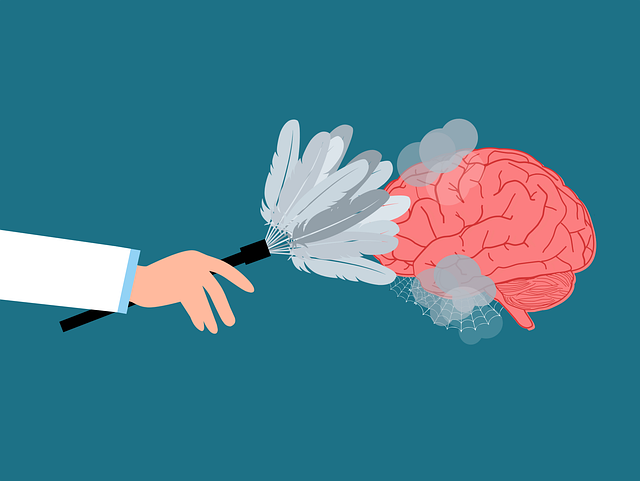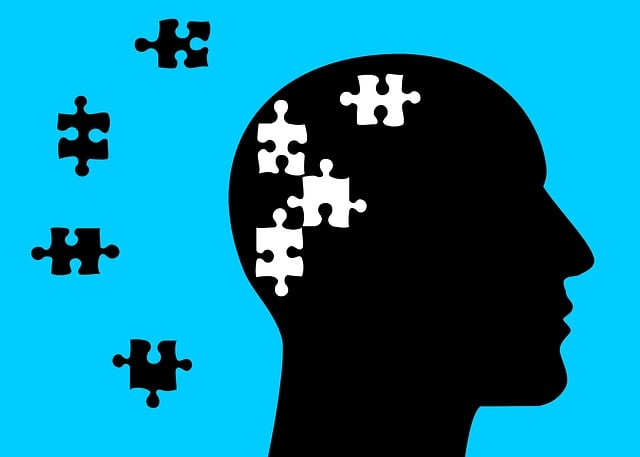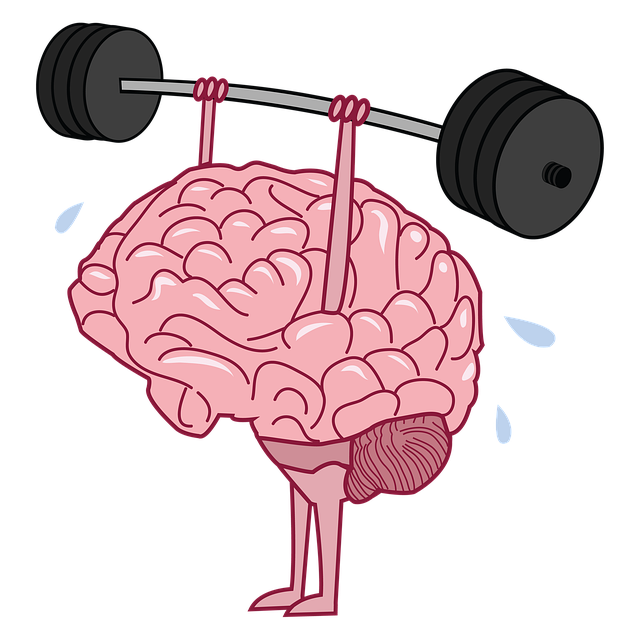Lakewood Child Abuse Therapy (LCAT) offers Social Skills Training (SST), a therapeutic program designed to help individuals with mental health conditions improve their interactions through real-world scenarios. SST focuses on communication, relationship management, and overall well-being, empowering clients to express emotions healthily, form connections, and enhance their quality of life. This approach is crucial for combating isolation caused by conditions like depression, anxiety, or trauma, teaching skills such as empathy building, conflict resolution, and mindfulness meditation. LCAT's holistic healing approach, utilizing case studies and experiential learning, has proven effective in fostering positive thinking and stress management techniques for vulnerable populations.
Social skills training is a powerful tool for individuals navigating mental health conditions, offering a unique approach to enhancing well-being. This article delves into the transformative potential of such training, exploring its role in fostering connections and improving recovery outcomes. We’ll dissect key strategies, drawing from the successful practices at Lakewood Child Abuse Therapy, where a case study approach illuminates effective interventions. By understanding social skills training, we can empower individuals to navigate relationships and build supportive networks.
- Understanding Social Skills Training
- The Role of Social Skills in Mental Health Recovery
- Strategies for Effective Social Skills Training
- Lakewood Child Abuse Therapy: A Case Study Approach
Understanding Social Skills Training

Social Skills Training (SST) is a specialized therapeutic approach designed to help individuals with mental health conditions navigate and improve their interactions with others. This type of training goes beyond traditional therapy by focusing on practical, real-world scenarios to build and strengthen social abilities. It’s about equipping folks with the tools to communicate effectively, manage relationships, and boost their overall well-being.
At Lakewood Child Abuse Therapy, we emphasize the importance of SST as a means to foster inner strength development in our clients. By teaching positive thinking and effective communication strategies, we empower them to overcome social challenges. These skills are crucial for forming connections, expressing emotions healthily, and enhancing one’s quality of life, ultimately leading to improved mental health outcomes.
The Role of Social Skills in Mental Health Recovery

In the journey towards mental health recovery, social skills training plays a pivotal role, often serving as a crucial cornerstone in comprehensive treatment plans. Conditions like depression, anxiety, or trauma can isolate individuals, hindering their ability to connect and interact with others. Therefore, learning and practicing essential social skills becomes imperative for re-engaging with the community and fostering meaningful relationships. This process is akin to navigating a labyrinth, where each step forward involves interacting with peers, family, and society at large, ultimately helping one find their way out of isolation.
Lakewood Child Abuse Therapy, for instance, recognizes that teaching empathy building strategies, conflict resolution techniques, and mindfulness meditation can significantly enhance social interactions. These skills not only enable individuals to express themselves effectively but also foster understanding and acceptance from others. By incorporating empathy-focused exercises and practicing conflict resolution in a safe environment, patients develop healthier interpersonal dynamics, which is essential for maintaining positive mental health.
Strategies for Effective Social Skills Training

Social Skills Training plays a pivotal role in enhancing recovery and improving quality of life for individuals managing mental health conditions. At Lakewood Child Abuse Therapy, we understand that effective social skills development goes beyond mere conversation; it involves mastering non-verbal cues, active listening, and empathy – essential tools for navigating interpersonal relationships.
Our Mental Wellness Coaching Programs are meticulously designed to foster these skills through a combination of structured exercises, role-playing scenarios, and real-world practice. By focusing on Coping Skills Development and promoting Emotional Intelligence, we empower individuals to build resilient social networks, manage stress effectively, and cultivate meaningful connections. This holistic approach ensures that our clients not only learn practical strategies but also integrate them into their daily lives, ultimately contributing to their overall Mental Wellness.
Lakewood Child Abuse Therapy: A Case Study Approach

Lakewood Child Abuse Therapy (LCAT) is a pioneering approach to addressing mental health challenges, particularly for children who have experienced trauma. This case study-based program recognizes that effective healing involves more than just traditional therapy; it requires a holistic strategy that empowers young individuals with essential social skills. By immersing participants in real-life scenarios and role-playing exercises, LCAT fosters an environment where learning becomes experiential.
Through this dynamic method, children acquire the tools to navigate social interactions, manage stress, and promote their emotional well-being. The program’s emphasis on positive thinking and its integration with Stress Management Workshops Organization techniques have proven highly effective in helping individuals break free from destructive patterns. LCAT’s innovative approach has not only been successful in individual cases but also sets a benchmark for other organizations aiming to enhance mental health support, especially among vulnerable populations.
Social skills training plays a pivotal role in mental health recovery, offering individuals the tools to navigate social interactions with confidence and ease. As highlighted by the case study from Lakewood Child Abuse Therapy, these programs can significantly enhance well-being, particularly for those struggling with mental health conditions. By employing evidence-based strategies, professionals can empower individuals to build meaningful connections, improve communication, and ultimately foster a sense of belonging, all of which are essential for long-term recovery.














